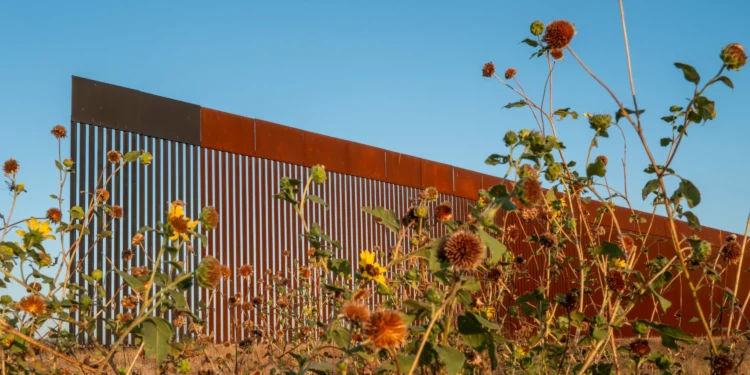Immigrant rights organizers and activists have been through this before. The fear, the uncertainty, and the relentless attacks on their communities. As the Trump administration begins its second term, they are once again preparing for the worst.
But this time, they have a playbook. Four years ago, when Trump first took office, immigrant rights groups were caught off guard. They scrambled to respond to the rapid-fire executive orders and policies targeting immigrants and refugees. But now, after years of organizing and advocacy, they are ready.
They have learned from their past mistakes and have honed their strategies. They know how to mobilize their communities, how to work with the media, and how to pressure lawmakers. They have built strong networks and alliances, and they are ready to fight for the rights of immigrants and refugees.
However, there is one major concern that is looming over their preparations – funding. With the COVID-19 pandemic wreaking havoc on the economy, many immigrant rights organizations are facing budget cuts and reduced funding. This could severely impact their ability to carry out their work and support the communities they serve.
Without adequate funding, these organizations may struggle to provide legal services, advocacy, and other crucial resources to immigrants and refugees. This could leave many vulnerable individuals and families at risk of deportation and other forms of discrimination and injustice.
Moreover, the constant fight for immigrant rights can take a toll on activists and organizers. The past four years have been exhausting, both emotionally and physically. The constant fear and uncertainty have taken a toll on the mental health of many activists. And with the new administration, there is a sense of fatigue and burnout among some organizers.
But despite these challenges, immigrant rights activists are not backing down. They are determined to continue their fight and protect the rights of their communities. As the post-election dust settles, they are already gearing up for the battles ahead.
One of the most significant concerns for immigrant rights groups is the potential for mass deportations. During his campaign, President Trump promised to ramp up deportations and make immigration enforcement a top priority. This has left many immigrant communities on edge, fearing separation from their loved ones and their homes.
In response, immigrant rights groups are preparing to mobilize and resist any attempts at mass deportations. They have already begun organizing Know Your Rights workshops and legal clinics to educate immigrants on their rights and provide them with the necessary resources to defend themselves. They are also training volunteers to act as legal observers and accompany immigrants to their ICE check-ins and court hearings.
Another crucial aspect of their strategy is to work with local governments and law enforcement agencies. In the past, many cities and states have declared themselves as “sanctuary cities” and refused to cooperate with federal immigration authorities. Immigrant rights groups will continue to work with these local governments to protect their communities and push back against any attempts at mass deportations.
But perhaps the most powerful weapon in the immigrant rights arsenal is civil disobedience. The recent post-election article by The Intercept, “Who’s Willing to Get Arrested?” highlights the willingness of immigrant activists to put their bodies on the line for their cause. Many have already participated in acts of civil disobedience, such as blocking ICE vans or occupying government buildings, and they are ready to do it again if necessary.
Civil disobedience not only brings attention to the cause but also puts pressure on lawmakers and government officials to take action. It is a powerful tool that has been used successfully by many social justice movements throughout history.
In the face of potential funding cuts and fatigue, immigrant rights activists are also looking to new sources of support. They are reaching out to allies and supporters, including faith-based organizations, unions, and community groups, to join them in their fight. They are also exploring new ways of fundraising, such as online campaigns and virtual events.
The road ahead may be challenging, but immigrant rights organizers and activists are not giving up. They are determined to continue their fight for justice and equality for all immigrants and refugees. As we move into a new era, let us remember the words of Martin Luther King Jr., “The arc of the moral universe is long, but it bends towards justice.” With their unwavering determination and resilience, immigrant rights activists are bending that arc towards a more just and inclusive society for all.






